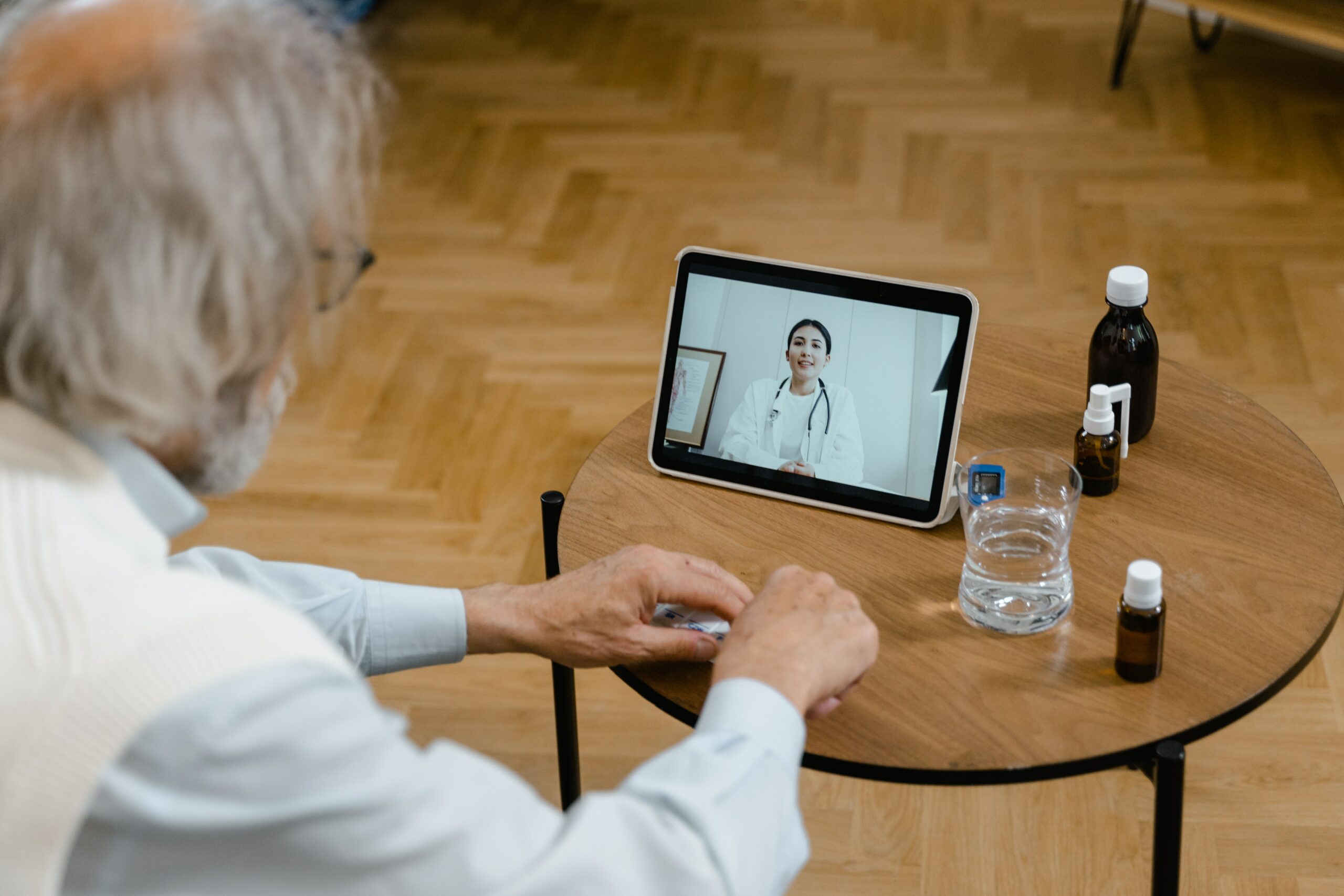With healthcare facing significant challenges such as clinical burnout and physician recruitment, it can be easy to forget or overlook cybersecurity. This is especially common for smaller clinics, as they often lack the resources or expertise to mitigate healthcare cyber attacks on their own.
Every healthcare organization must be aware of the threats and solutions available as there has been an increase in email phishing and malware distribution across the Canadian healthcare system.
In response to this trend, the Government of Canada has issued guidance for healthcare organizations regarding cyberattacks.
These healthcare cyber attacks are undeniably a significant threat to PHI and can wreak havoc on healthcare providers by disrupting care and causing reputational damage.
It’s never been more important for clinicians to understand the threats to their business and patient data and how you can help prevent your clinic from being a victim of a healthcare cyber attack.
Our blog will help provide a summary of the FAQs that physicians have about healthcare and cybersecurity, including what threats are out there and the scalable, cost-effective solutions available to Canadian clinics.
Why are healthcare organizations a target for cyber attacks?
Healthcare organizations, everyone from provincial authorities down to single-doctor clinics, are a target due to the black-market value of personal health information (PHI).
Think about the scope of PHI for patients as it includes everything from personal information and government identification numbers to financial or insurance details.
There is also less security awareness and sophistication in the healthcare industry compared to other industries that require data protection, making clinics and hospitals a relatively ‘easy’ threat for cybercriminals.
What are the different cybersecurity threats to healthcare providers?
The Canadian Centre for Cyber Security highlights four common methods cyber threat actors use to steal personal health information and disrupt healthcare organizations:
Ransomware
You may already have heard about these attacks as there have been high-profile Canadian examples. Essentially, ransomware denies users access to essential software, like your EMR, scheduling, and billing software, until you pay a ransom.
Phishing
Phishing is where a cyber attacker attempts to trick users into disclosing data, such as login credentials, which they use to access devices or systems like your EMR. These attacks often rely on mimicking emails from organizations that a user trusts.
Denial of Service (Dos)
These are slightly different as they look to crash your systems or even a website with a flood of web traffic, disrupting normal access. The attackers can then look to take advantage in several ways, including potentially a phishing or ransomware attack.
Password Spraying
These attacks use scale to try and guess passwords by using automated bots that attempt common passwords on many accounts at once. Password spraying is made possible by generic passwords.
Overall, these different types of cyberattacks risk similar outcomes as an attack could leave you without access to your EMR and its PHI data. This means operating without calendars or billing, leading to chaos and poor patient experiences.
It is important to remember that regulatory compliance requires clinics to disclose data breaches. You may also lose the confidence of your patients and community, both of which have a significant financial impact.
Frequently Asked Questions About Healthcare and Cybersecurity
Doesn’t my EMR provider do all of this for me?
Many EMR providers do manage data integrity. For example, OSCAR Pro stores and controls access to your patient data. However, this does not stop individual devices and accounts from being targeted as part of a cyber attack. So, any lost, stolen, or hacked device risks a potential PHI breach.
This can add to the complexity and commitment required of clinics and is one of many reasons that managed IT and cybersecurity services are increasingly popular with healthcare organizations.
Should smaller clinics worry about healthcare cyber attacks?
Even smaller clinics risk being targeted, especially as part of a phishing attack.
Many primary care clinics lack the resources to secure their environment on their own and with the rising threats, it is risky to leave security and education your employees to a sole ‘IT guy’ or a tech-savvy clinician.
Did you know?
43% of cyber attacks target small businesses
SecureSolutionsNow
The costs associated with being the victim of a cyberattack can be significant. Not just in terms of a potential ransomware payment or a regulatory fine but also in lost billing revenue and substantial reputational damage in the community.
Source44, cybersecurity experts, have highlighted a recent example that shows hackers are interested in small clinics and full scale of the damage done to a Toronto-based clinic.
What steps can healthcare professionals take to limit their exposure?
Every clinic should follow common cyber prevention steps. But it is better to think of these as a baseline effort and they cannot guarantee security.
- Be proactive about cybersecurity
Being proactive about your security and remaining up to date about potential threats is an essential first step.
Training physicians and administrators on how to identify phishing attempts and verify emails before opening attachments should be an ongoing effort.
- Password hygiene can prevent an ‘easy’ attack
It may seem obvious but avoiding generic or shared passwords is essential. The more difficult your password is to guess, the more protection you have. A passphrase is often the recommended approach to ensure stronger login credentials.
- Secure your work environment
This is where it becomes more difficult for clinicians to maintain appropriate security on their own, as often additional IT expertise are required.
However, one thing you should do is only use trusted and secure applications when at work. Start by only using EMR integrations or other software if it comes from a reputable source. For example, OSCAR Pro or Intrahealth Profile customers should be looking to their EMR or apps.health when updating or adding to their systems.
What further action should you take to protect yourself from a healthcare cyber attack?
As mentioned, common prevention steps are basics that every clinic should be following.
However, to match the increasing threat of cyber attacks, clinicians can pursue more comprehensive cybersecurity strategies that align with their healthcare needs.
Available through the apps.health marketplace, SecureSolutionsNow is one of the leading cybersecurity companies in Canada.
They offer managed IT and cybersecurity services specifically designed to help clinics meet regulatory compliancy and eligibility for cybersecurity insurance with the following:
- Email Encryption and Protection: People are the primary target in all phishing campaigns, and 90% of all attacks originate via email. Compliance also dictates that emails must be encrypted if PHI is present.
- User Awareness Training: By teaching cybersecurity fundamentals, SecureSolutionsNow empowers employees to protect your practice.
- Endpoint Protection: Traditional anti-virus products are no longer effective against today’s advanced attacks. SecureSolutionsNow couples AI with a team of experts to identify unusual behaviour and protect your systems from known and new attack campaigns.
- Data Backup: Data backups place your practice in a position to minimize downtime and avoid paying costly ransomware demands in the event of a cyber attack.
These services, and additional ones including remote access and secure WIFI, equip your clinic with the resources needed to combat the common healthcare cyber attacks. This provides you with peace of mind and access to expert opinion beyond that of your ‘IT guy.’
To learn more or speak with one of their experts, visit the Secure Solutions Now profile on apps.health.




